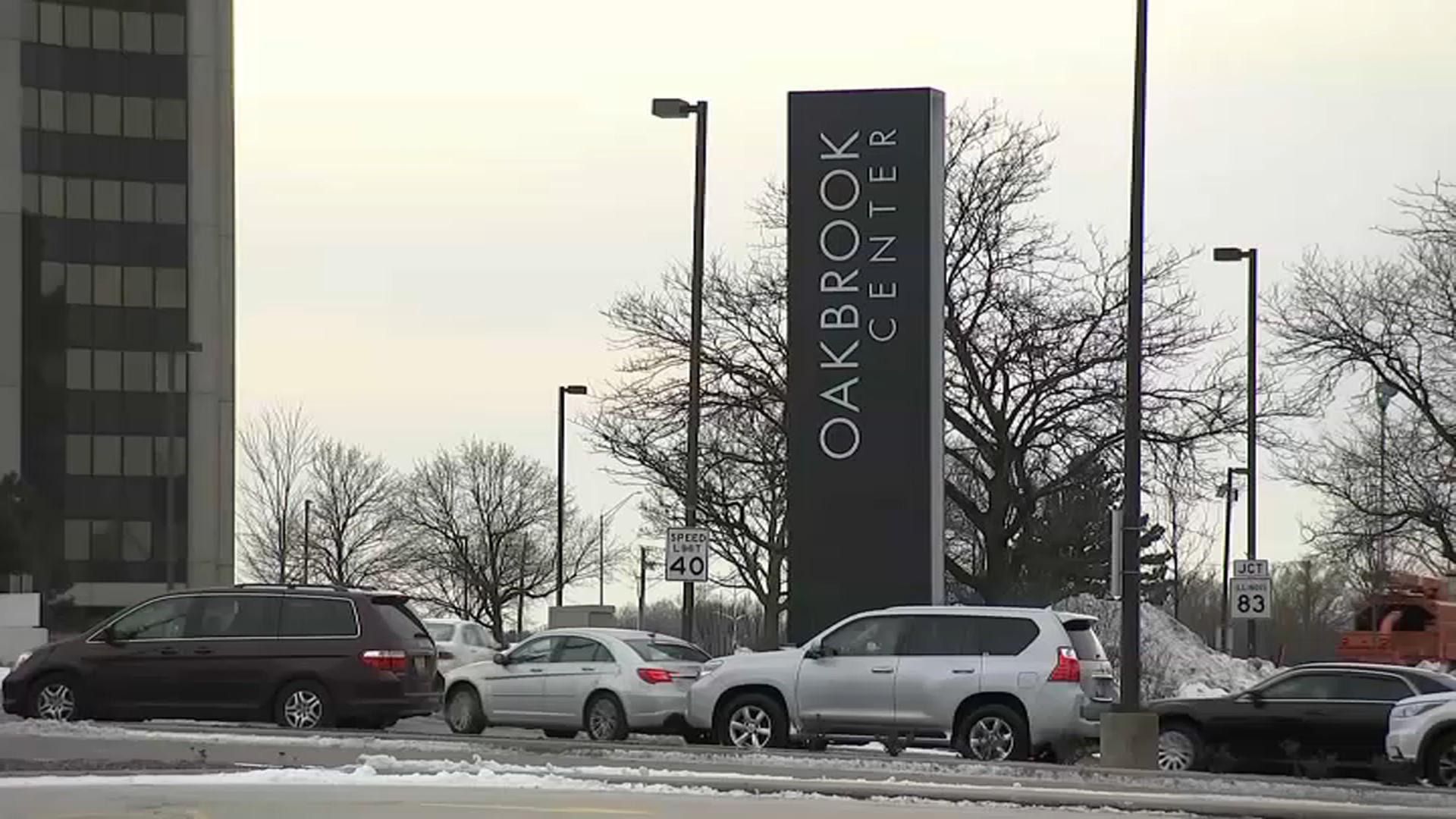More than three months after the ouster of Police Superintendent Garry McCarthy in the wake of what many viewed as the City’s miserable handling of the LaQuan McDonald matter, the Chicago Police Board today submitted three names to the Mayor for consideration as Chicago’s next top cop.
“This is really a historic moment,” said Police Board President Lori Lightfoot. “Things have to change from the inside out.”
A total of 38 individuals applied for the job. But only three were chosen: Dr. Cedric Alexander, the current Director of Public Safety in Dekalb County, Georgia; Anne Kirkpatrick, the former Chief of Police in Spokane, Washington; and Eugene Williams, the Chief of Support Services in Chicago, and the only current Chicago officer who made the cut.
“We came away with a very clear impression that these have been people who stepped up, faced the challenges, and did the right thing,” Lightfoot said.
Lightfoot said applicants were told the city was at a critical juncture in its history when it came to policing, and that whoever was chosen, they should have three priorities: fighting crime and the plague of gangs and violence; rebuilding relationships and restoring trust with the morale-battered rank-and-file.
“That has to happen whether it’s an insider, or an outsider,” Lightfoot said. “We have to have a leader who understands that engaging and embracing the community in an incredibly respectful way, has to be every bit as important as fighting crime in those neighborhoods.”
In their applications, all agreed that community engagement is key to good policing.
Local
“People are more likely to obey the law when they believe that those who are enforcing it have the legitimate authority to tell them what to do,” Alexander said. “My believe is that the only accountability is perfect accountability—without any winks or nods.”
Alexander said he was against an overtly-military presence.
“When police act like the Redcoats at the Boston Massacre,” he said, “citizens have both the right and the responsibility to hold them accountable.”
For her part, Kirkpatrick wrote of the need to eliminate bias from policing.
“Unless there is strong leadership that will not turn a blind eye and will actually start cutting that cancer out of the department,” she said, “then it will never go away.”
In that regard, perhaps Williams had to aim for the most delicate balance: convincing the Police Board that he brought a wealth of experience, without being too entrenched in the system they sought to change.
“I believe that the Chicago Police Department and law enforcement in general have been steeped in a warrior mentality (kicking butts and taking names) for much too long,” he wrote. “This phenomenon has created a dangerous culture in law enforcement.”
Williams said he believed technology such as dash and body cameras would improve police accountability, but he spoke of the need to discipline officers who try to evade those systems.
“There have been countless intentional violations of procedure, in addition to numerous acts of criminal damage of equipment to circumvent the dashcam audio and video,” he said. “for this lack of integrity we have never seriously disciplined any member.”
Williams says recent efforts to hold officers accountable for non-working video and audio systems, has resulted in a 70% increase in uploads in just two weeks.
After learning of the three candidates, Fraternal Order of Police President Dean Angelo said his union would express no preferences. But he said he hoped whoever the new superintendent turns out to be, they will have the backs of thousands of hard working officers in Chicago.
“I don’t think the Chicago Police Department is in complete disarray,” he said. “People say we have to change or reinvent the Chicago Police Department culture. Why?”
Angelo noted that Chicago officers have taken 86,000 guns off the street in the last eight years, and in that same period arrested some 37,000 offenders with guns in their possession. During that same eight year period, he noted, 13,000 Chicago officers were victims of battery.
Lightfoot noted those gun seizures as she emphasized that crime-fighting is still job one. But she emphasized repeatedly, that Chicago’s next superintendent will have to double down on efforts to rebuild relationships with citizens.
“People feel they are not respected, they feel they are not treated as human beings,” she said, “that their rights are not being respected.”
Mayor Emanuel can choose his next superintendent from these candidates, or could ask for another list. At an unrelated appearance Thursday, he suggested he is anxious to move quickly.
“I’ll be eager to meet with all three individually,” he said. “As you know, patience is one of my strong suits.”



